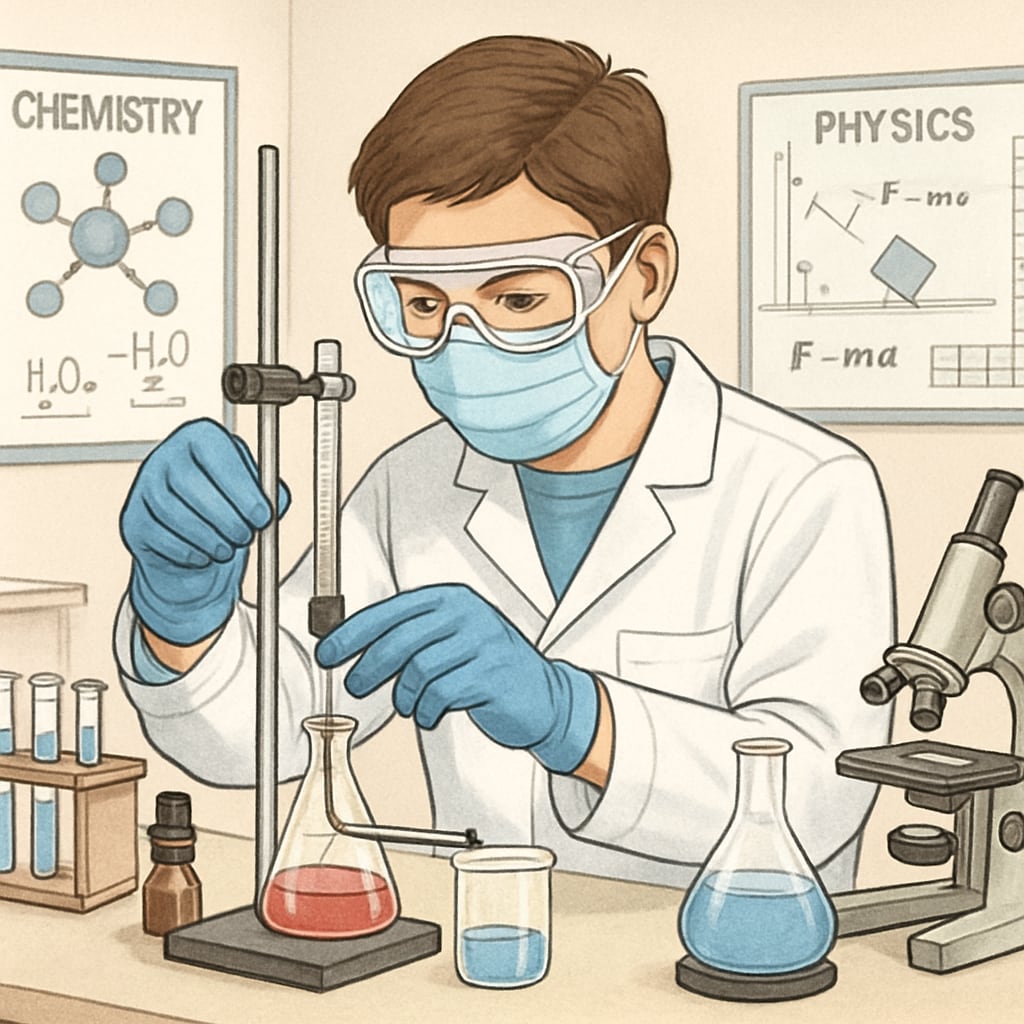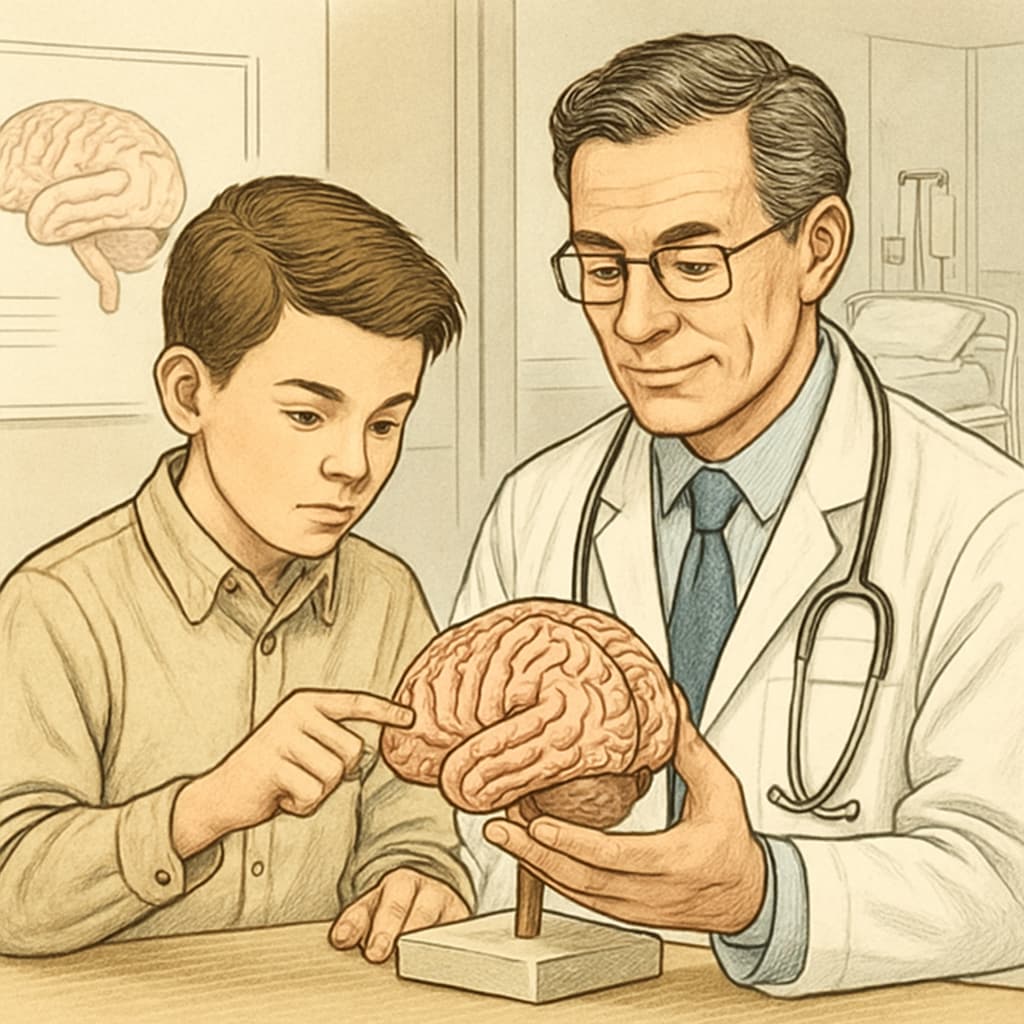For students demonstrating exceptional academic performance and pursuing ambitious career goals like neurosurgery, supplemental learning beyond traditional classroom settings becomes crucial. These gifted K12 learners often require specialized educational resources to match their advanced capabilities and maintain their intellectual momentum.
Identifying and Supporting Exceptionally Gifted Medical Students
Recognizing students with exceptional potential for medical careers involves more than just monitoring test scores. According to the National Association for Gifted Children, true giftedness manifests through:
- Advanced problem-solving skills in STEM subjects
- Unusual depth of questioning about biological systems
- Sustained focus on complex medical topics
- Early development of fine motor skills crucial for surgical fields

Beyond Classroom Walls: Supplemental Learning Strategies
Traditional education systems often fail to challenge academically advanced students sufficiently. The Davidson Institute recommends these research-backed approaches:
- Accelerated coursework through advanced placement or dual enrollment programs
- Mentorship programs connecting students with medical professionals
- Specialized summer programs at university medical centers
- Independent research projects supervised by subject experts
- Online platforms offering advanced medical coursework
These supplemental learning opportunities help maintain student engagement while developing the specialized knowledge and skills required for neurosurgical careers.

Building Essential Skills for Future Neurosurgeons
Academic performance alone doesn’t guarantee success in neurosurgery. Gifted programs should cultivate:
- Spatial reasoning abilities through 3D modeling and virtual dissection
- Hand-eye coordination via microsurgical simulation training
- Emotional resilience through clinical observation experiences
- Research literacy by analyzing current medical journals
Collaborative Approach for Optimal Development
Supporting these exceptional students requires coordination between:
- Schools (providing curriculum flexibility)
- Parents (seeking appropriate enrichment opportunities)
- Medical professionals (offering mentorship)
- Community organizations (providing resources)
With proper academic support and supplemental learning experiences, gifted students can make remarkable progress toward their neurosurgical aspirations while maintaining balanced personal development.


